On Human Rights Day, End Water Poverty along with three organisations (Help Refugees, the Inter Regional Support Programme of Pakistan and Slum Dwellers International) have come together in this joint blog to raise awareness of the human rights to water and sanitation; especially for vulnerable and marginalised groups.
Every day, we wake up, use the bathroom, wash our faces, fill the kettle and prepare for ourselves for the day ahead. It feels like simple segments of our day. But these daily activities include two crucial services, safe water and sanitation. As it is a mundane part of our everyday life, we do not realise that access to these resources is our human right. Not having safe water and sanitation services in our lives is an unbearable thought, and yet it is still a reality for billions around the world.
In 2010, the United Nations General Assembly recognised access to clean water and sanitation as a human right. Resolution 64/292 called to “provide safe, clean, accessible and affordable drinking water and sanitation for all”. Both this, and the adoption of the Sustainable Development Goals (SDGs) in 2015 seemed like positive steps towards a more just world. And yet, access to safe water and sanitation seems like a distant hope. Over 2.1 billion people lack access to safely managed water and twice as many to safe sanitation. Two years into the SDGs, let us remind ourselves about the key message of these global goals, ‘leave no one behind’. But are we on track to achieve this?
Today, many groups around the world, who are vulnerable and marginalised, suffer from a lack of access to safely managed water and sanitation services. This only leads to negative implications such as increasing levels of drop-out rates from schools, decreasing levels of productivity and a rise in the spread of diseases such as cholera.
On Human Rights Day (10th December), End Water Poverty as well as Help Refugees, Slum Dwellers International and IRSP Pakistan have come together – through this joint blog – to demonstrate how specific marginalised and vulnerable groups have had their rights taken from them. These groups face inhumane circumstances, flee conflict and are subject to racial and gender-based discrimination. They are often excluded from statistics and progress reports (such as the 2017 Joint Monitoring Programme Report) and therefore are not represented and are left behind.
Denying these groups their human rights is denying future generations a sustainable world to live in. With SDG 6 (ensure available and sustainable management of water and sanitation for all) being reviewed at the High Level Political Forum (July 2018), we must all come together and work as a united voice, defending the human rights of everyone.
Leave No Refugee Behind
Help Refugees supports grassroots projects across ten different countries, including in Northern France (Calais and Grande-Synthe) and on the Greek islands, where sanitation conditions are dire.
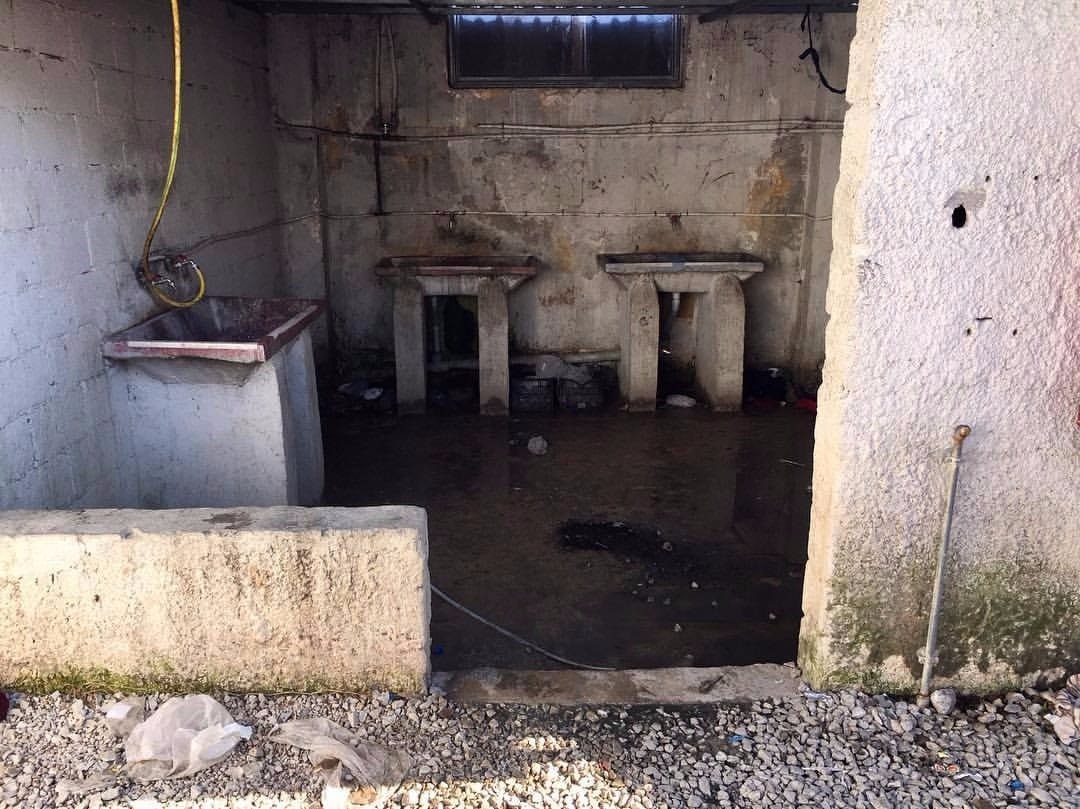
In June 2017, Help Refugees and other organisations took the French authorities to the highest administrative court in France, the Conseil d’Etat, regarding the lack of sanitation facilities provided to refugees in Calais. The court found that state inactivity had resulted in the denial of refugees’ fundamental rights. The ruling stated that authorities had the legal obligation to provide adequate sanitation provision, and that improvements must include sufficient access to toilets, drinking water and washing facilities.
While the court order has resulted in some improvements, provisions in Calais continue to violate the minimum standards set by The Sphere Project on the right to water in crisis situations.
A recent report by independent WASH expert, Ella Foggitt, found that the situation in Calais was sub-standard across all measures, including water supply, bathing facilities, and menstrual hygiene provisions. Where it exists, solid waste management remains inadequate; as a result, there is a significant issue with disease vectors, including rats.
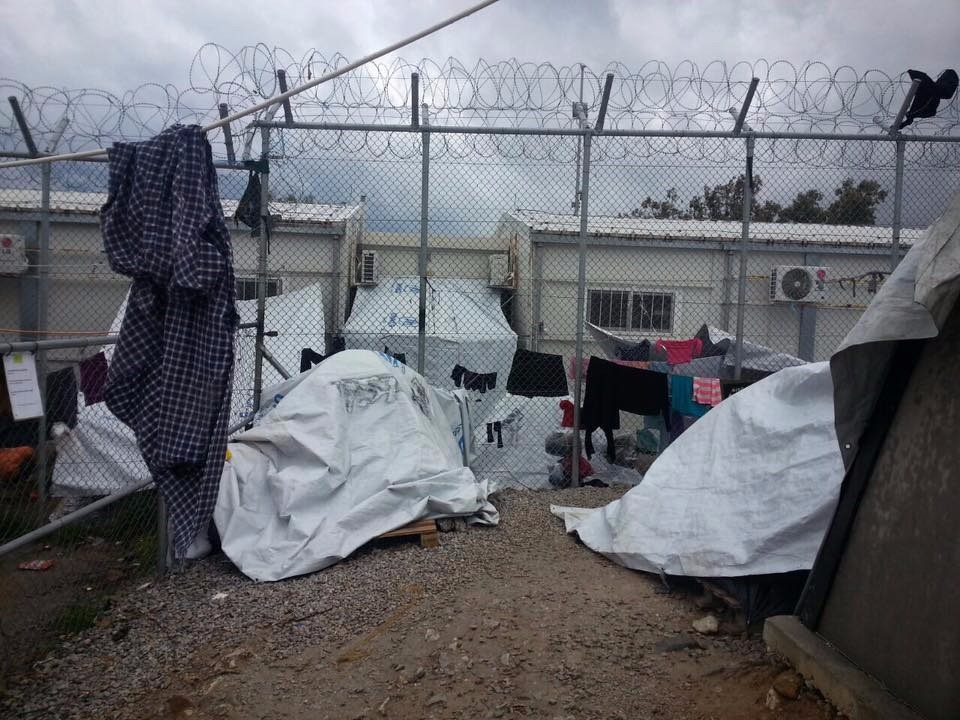
In Grande-Synthe, outside Dunkirk, the situation was found to be worse. Hundreds of refugees share just six toilets, which are only accessible during specific hours of the day. As a result, open defecation is commonplace. Given the lack of hand washing facilities, this creates severe risks of infection.
Furthermore, many refugees living in Grande-Synthe reported that police sprayed chemicals directly into their water containers. This renders them unusable, and directly violates refugees’ human right to clean and safe water.
“This latest report confirms that the French and British authorities need to take responsibility for their actions and recognise they are in breach of the Conseil d’Etat order, as well as infringing fundamental human rights, at a time refugees could die of the cold in Europe, as they did last winter,” says Annie Gavrilescu, Northern France Regional Manager for Help Refugees.
On the Greek islands, conditions in the camps are similarly dire. In Lesvos Island’s Moria camp, almost 7,000 people are currently living in a camp designed for 1,800 – with desperately inadequate facilities.
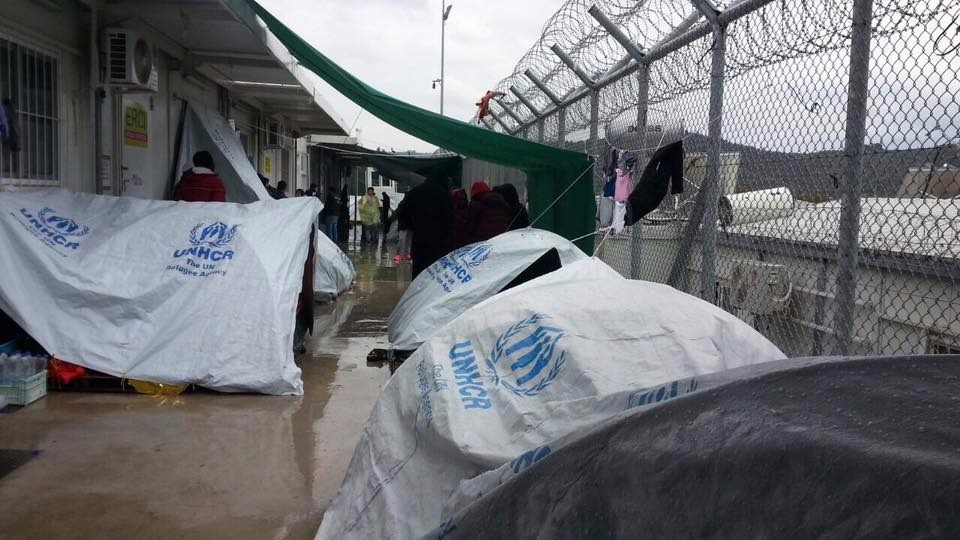
The estimated toilet (72 persons/toilet) and shower (167 persons/shower) ratios are in contravention of accepted minimums for refugees in a crisis situation, which are 40 people for each. Yet even these numbers are an overstatement, as a large number of the facilities in Moria are broken and therefore unusable.
Leave No Girl Behind
According to the 2017 census report, Pakistan has a population over 200 million, 50% of which are women. Over the last 70 years, the government (both federal and provincial) has mostly focused on tangible services within the health system, including an increase in the number of hospitals and health institutions established. Although this improved the coverage and impact of the health system, menstrual hygiene was/still is one of the neglected topics in Pakistan. The Inter Regional Support Programme (IRSP) who works exclusively on water, sanitation and hygiene (WASH) feels the need to help the women who are left behind by working in local communities and refugee villages.
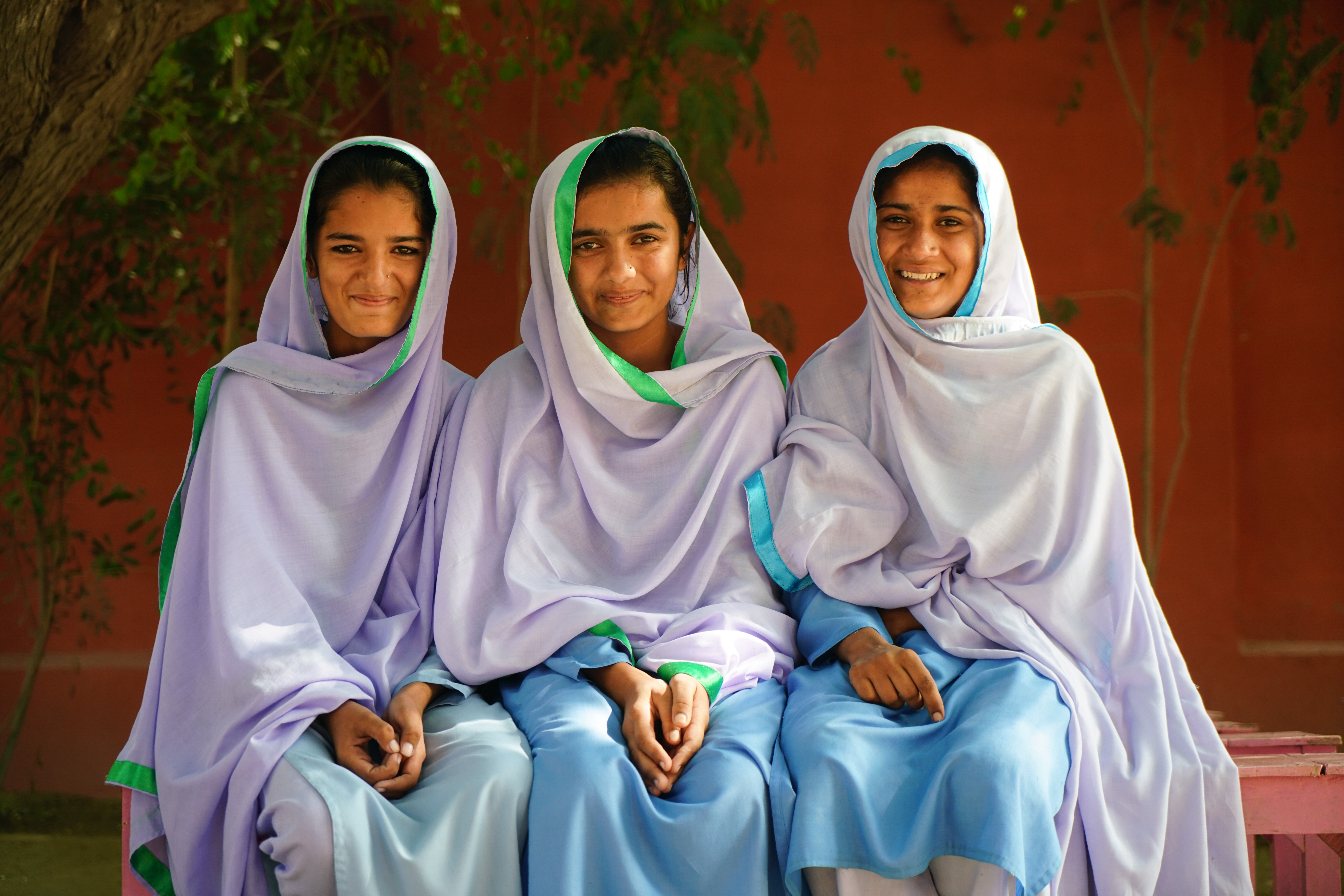
Women are left behind during a natural bodily process due to illiteracy, ignorance and misbelief that menstrual hygiene management (MHM) is a taboo and an unsanitary time in a woman’s life. There is also a lack of transfer of knowledge from mothers to their daughters along with a lack of literature available in local languages.
Women and girls can’t afford sanitary pads or tampons, which would normally be changed around four times a day during their periods. However, in rural areas, females tend to use only one ordinary cloth for up to four days. This provides unhygienic situations for women and girls.
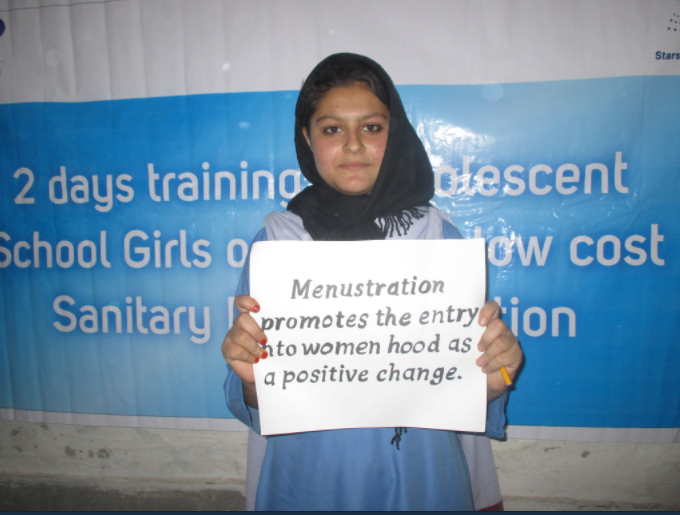
Schools tend to lack adequate facilities for menstrual waste management. Therefore, adolescent girls are often absent from school when menstruating. The accompanying abdominal cramps, headaches and fatigue, coupled with poor facilities and lack of counselling, contributes to monthly absenteeism, which can be as high as 20%. This leads to increasing drop-out rates by girls. Girls missing out on an education can have negative implications on Pakistan’s future economic growth. With that said, we must tackle this issue today in order to provide a sustainable tomorrow.
The government ownership and accountability is vital and with 50% of Pakistan’s female population being adolescent girls, we must ensure that adequate MHM services are provided, leaving no girl behind.
Leave No Slum Dweller Behind
Slum dwellers also lack access to their human rights to water and sanitation services. Overcrowding, lack of government interest and accountability and unhygienic circumstances have added slum dwellers on the list of those who have been left behind. Slums tend to be heavily populated areas and policy makers avoid investing in safely managed WASH services as they are seen as informal settlements, thereby not officially recognised.

The lack of service provision in such areas not only goes against the human rights of slum dwellers, but allows a vacant space for illegal activities by water cartels including price management of resources and reallocation of water pipes. Additionally, the lack of interest from policy makers has led and will continue to lead to increasing levels of inequality within countries, preventing slum dwellers from receiving an education and living a healthy life with the hope of a bright future.
Organisations such as Slum Dwellers International (SDI) are working towards making slums sustainable and preserving the human rights of their occupants. Today, SDI brings together more than one million slum dwellers in over 30 countries in Africa, Asia and Latin America. The federations comprise of thousands of vulnerable women, men, and children who are mobilised around dynamic saving schemes networked at the settlement, city, and national levels to drive a collective, bottom-up change agenda for inclusive cities and to influence global agendas on the urban poor.
Accessible and inclusive cities demand systems and policies that provide poor communities with equal access to the social and economic benefits of formal cities. Relocation to the periphery severs social bonds, increases urban sprawl, and aggravates spatial inequalities. In situ upgrading of informal settlements presents an opportunity to build denser, more climate friendly and equitable cities.
A variety of interventions have been developed by SDI’s affiliates to prepare communities for upgrading projects and subsequently implement infrastructure and housing improvements. The scope of the sanitation system includes upgrading or replacing toilets at household level, installing simplified infrastructure for the collection and transportation of waste.
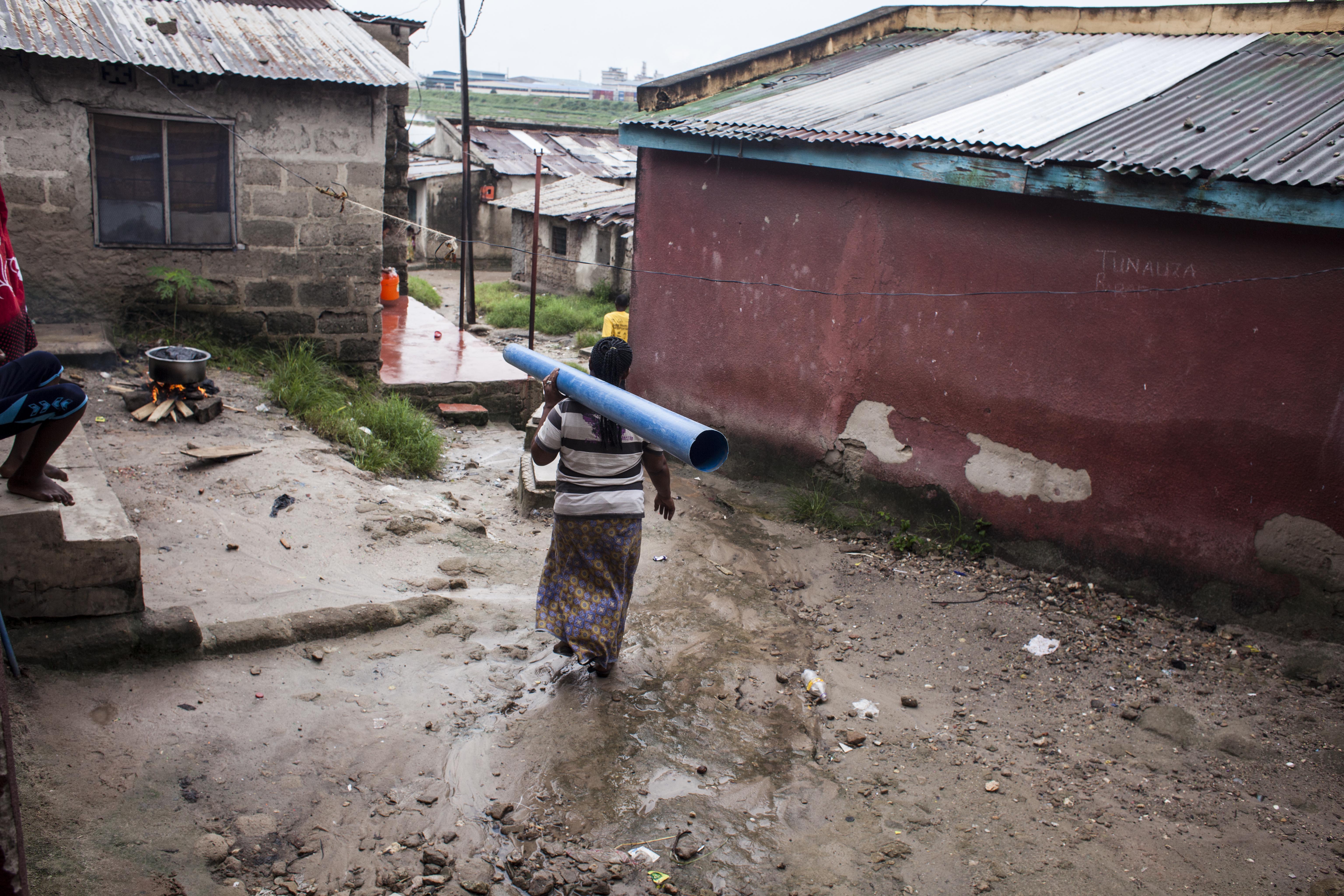
With that said, in order for slum dwellers to gain access to their human rights to safe WASH services, policy makers must be held accountable and improve the service provision to these areas in addition to sustainable solutions.
We are all human, born with compassion and entitled to our rights. Circumstances beyond our control and will do not make us less human and do not allow governments to take away our rights. In order to reach all SDGs, we must work towards reaching Goal 6 as it is a cross-cutting goal. And in order to reach Goal 6, we must ensure that every marginalised and vulnerable person/group’s human rights to water and sanitation is protected in a sustainable manner. Let us all fight for our human right to one of the most crucial sources of life, health and prosperity.
To find out more on the work of partner organisations of this blog, follow them on their social media channels: